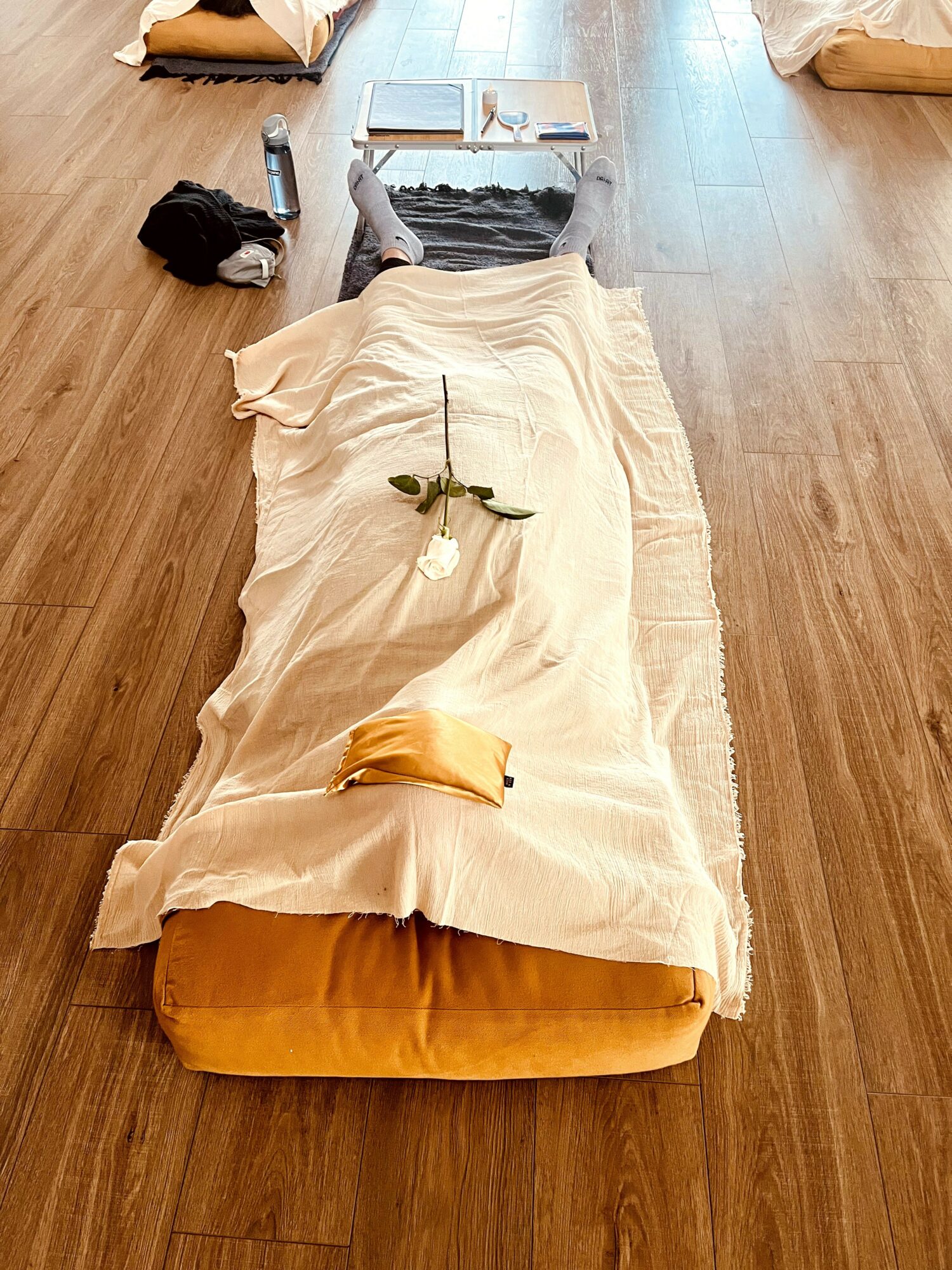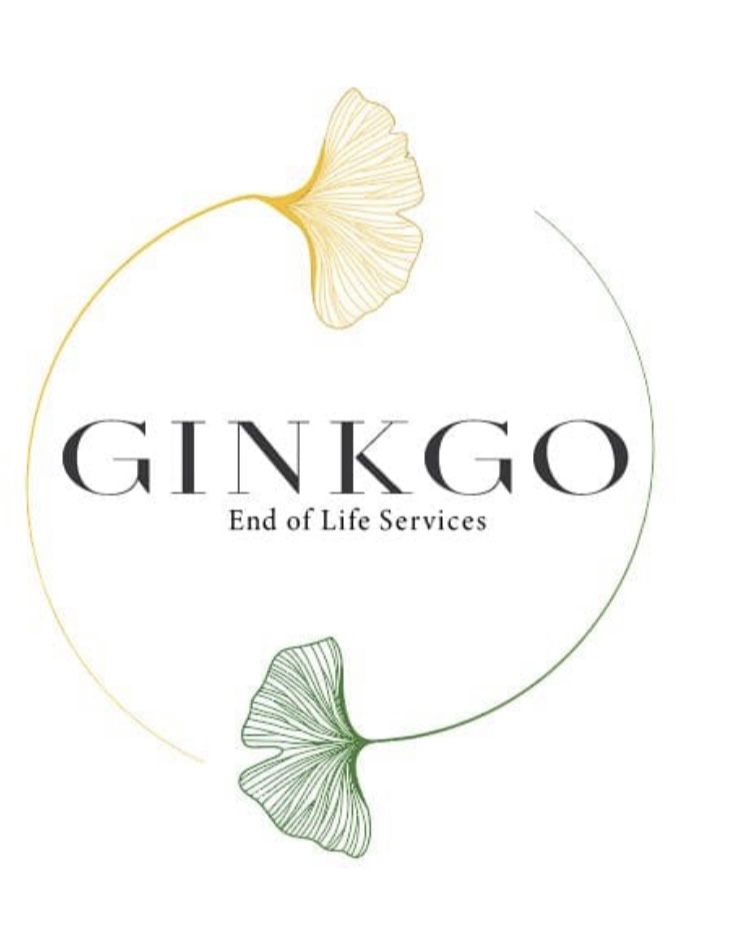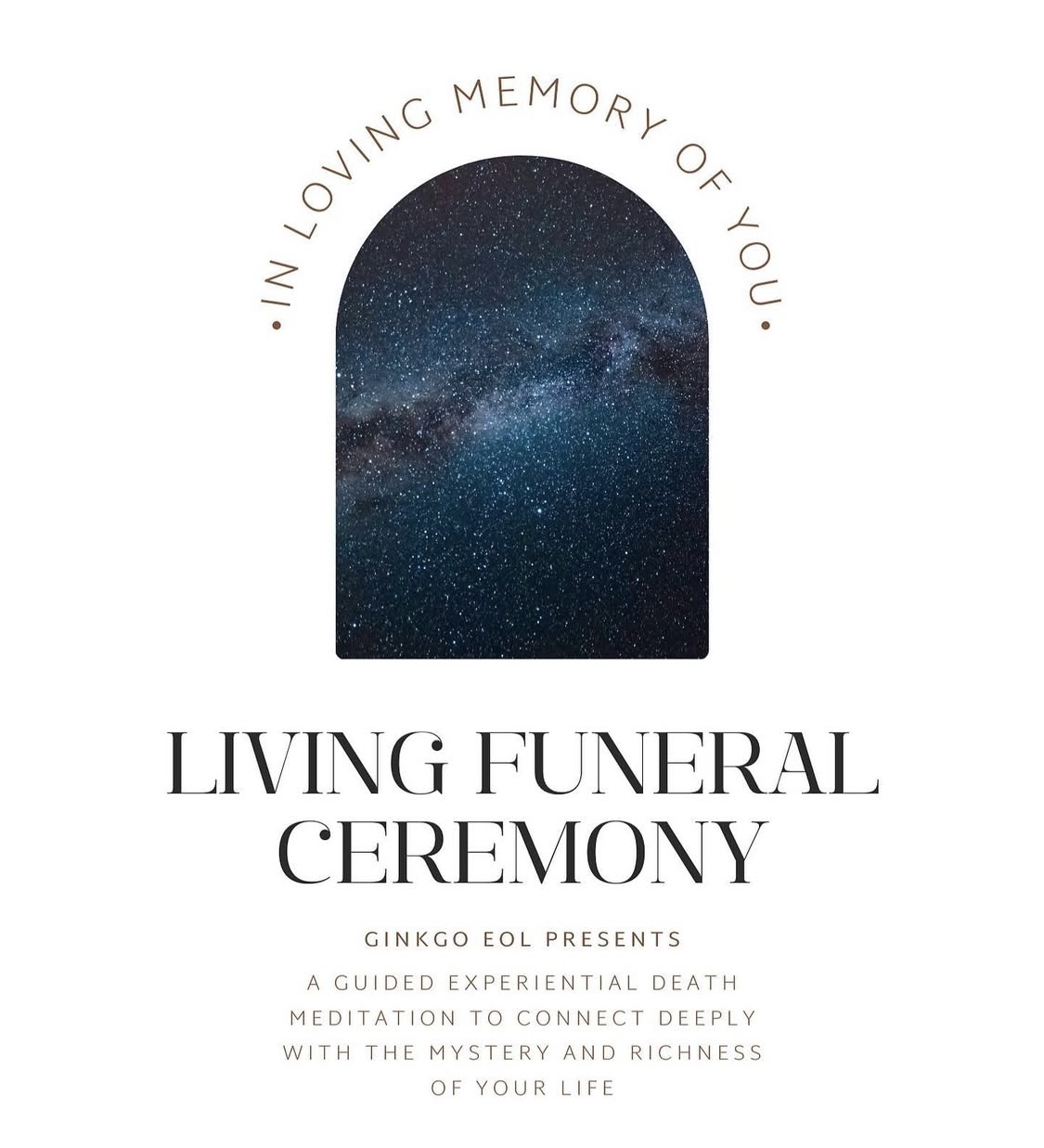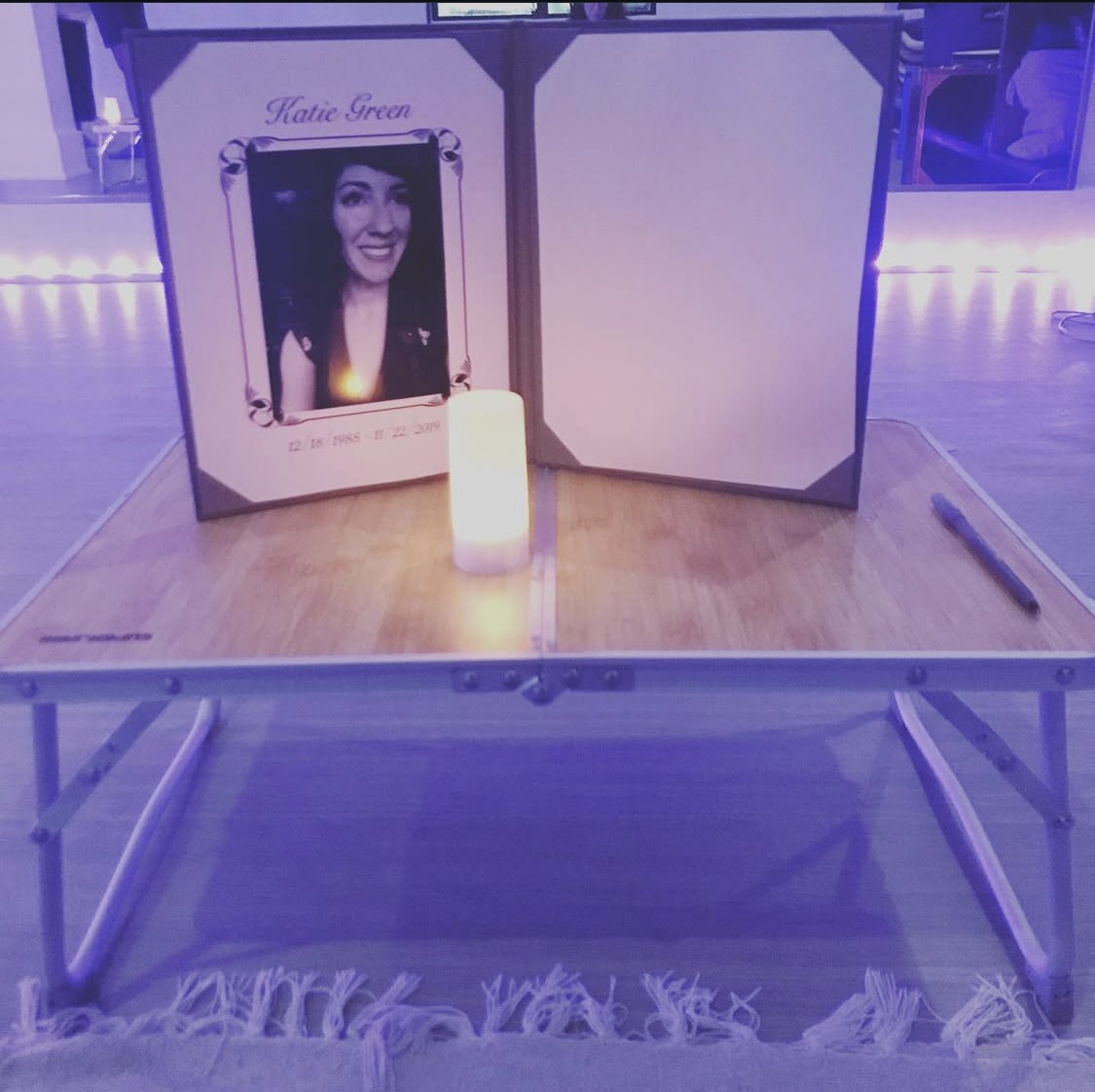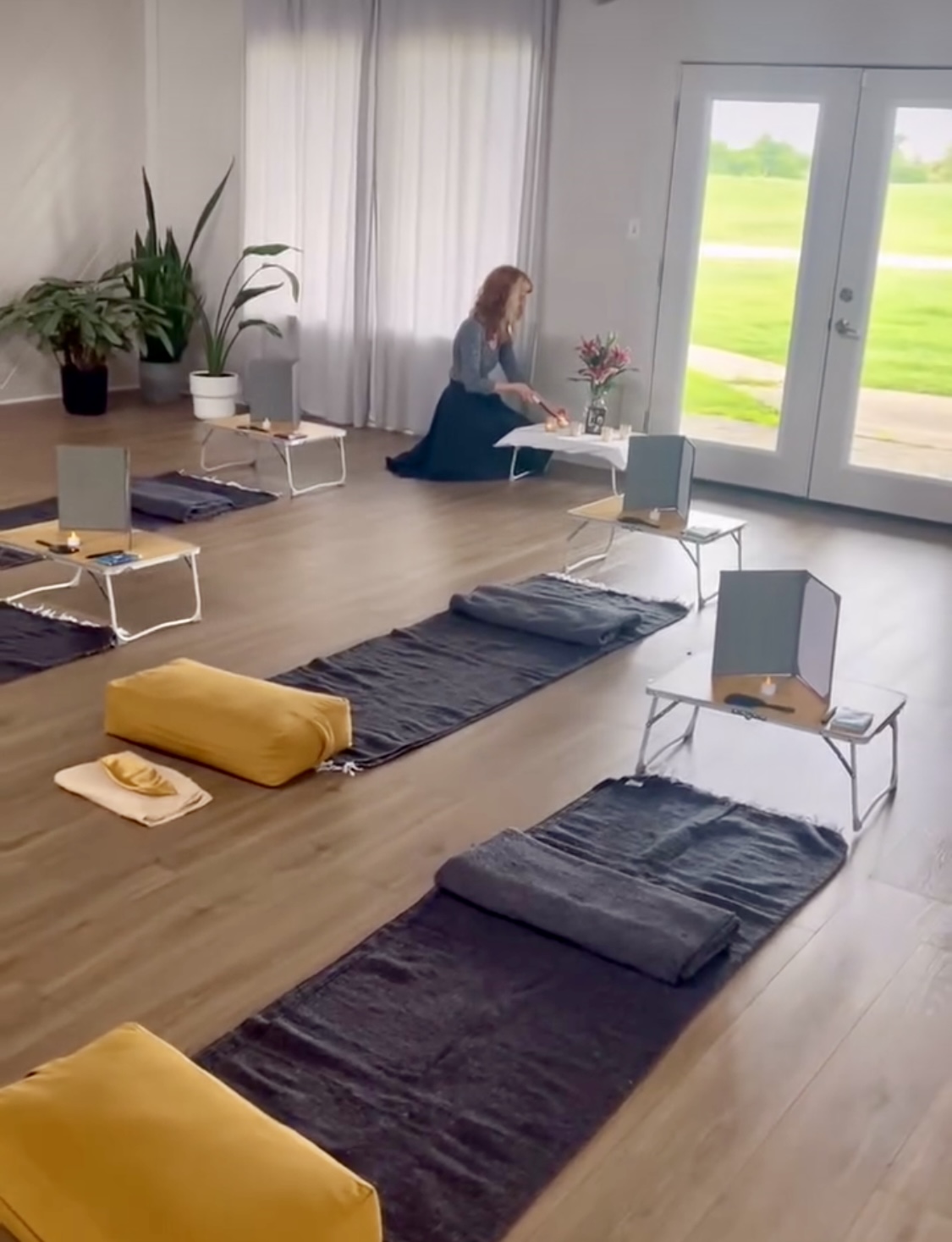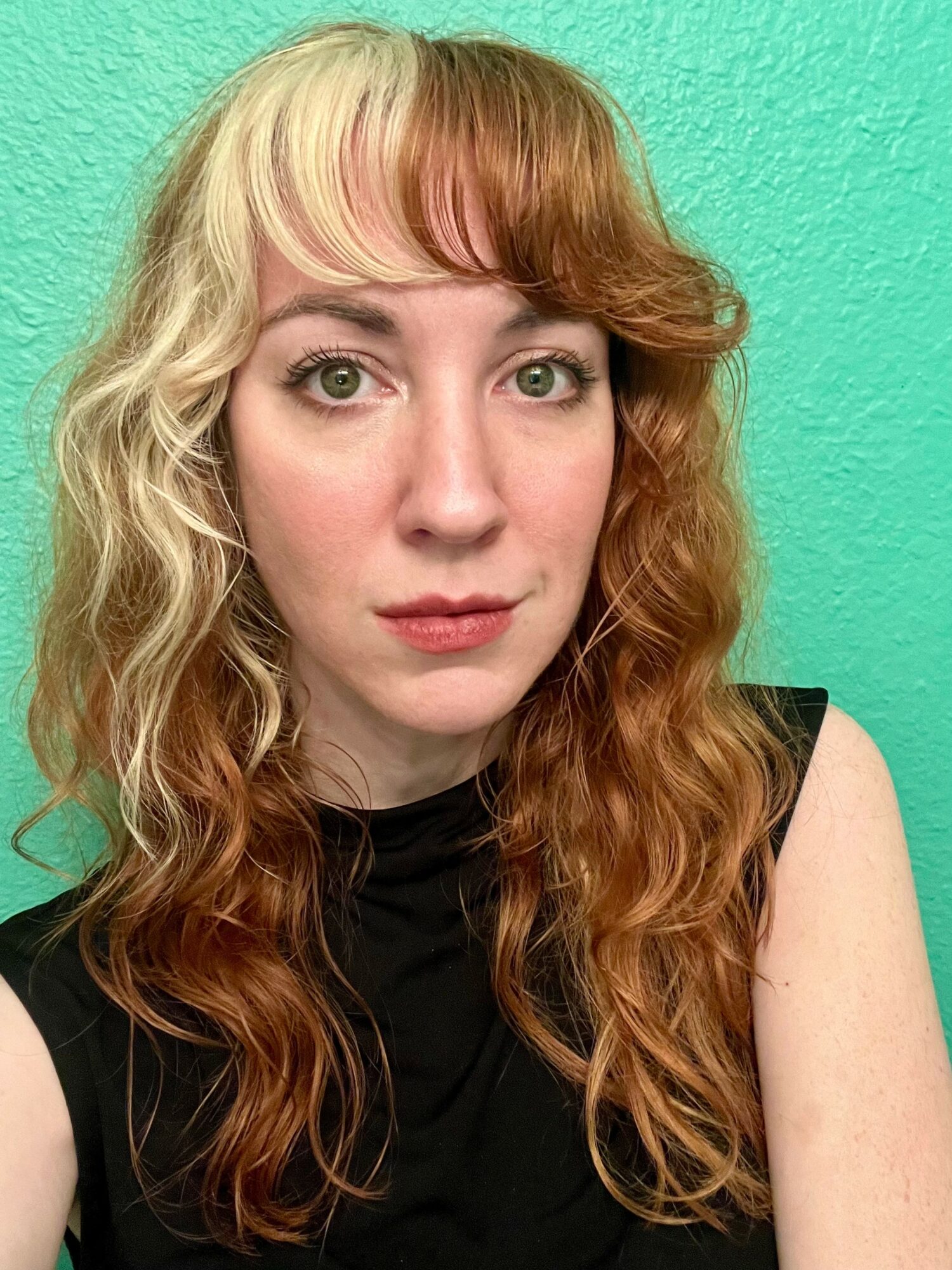

We recently had the chance to connect with Katie Green and have shared our conversation below.
Hi Katie, thank you so much for taking time out of your busy day to share your story, experiences and insights with our readers. Let’s jump right in with an interesting one: What are you being called to do now, that you may have been afraid of before?
I’ve felt a deep calling to combine my experience design, death doula, and therapy backgrounds to care for people who are nearing the end of life by creating custom ceremonies, rituals, and experiences that celebrate their individuality and relationships.
I’ve taken many steps towards doing this work, which feels like my life’s calling, but I haven’t really put myself or these services out there yet. I’m not entirely sure why. I think sometimes you can care so deeply about a project or a practice that it can start to feel a little too precious. There’s a desire to get it exactly right because it feels so important, but I’m realizing I just need to get my hands messy and do the thing.
I completed a program to become a death doula in 2020, formed a business (Ginkgo End of Life) with Micah Sutton, created a website, served as a doula, and gave several presentations on designing for death at conferences, but I haven’t really put my services out there very much in spite of all the work I’ve done. I even found a potential artistic collaborator (Wisdom Amouzou, based in CO) coincidentally through the previous Voyage Austin interview I did. He stumbled across the interview from a couple of years ago, and we’ve been regularly meeting and discussing collaboration on end of life care ever since. He just completed his death doula program and is now getting his counseling degree. We’re interested in creating transformative healing experiences for people preparing to die (and their families) using art, deep listening, and ritual.
Can you briefly introduce yourself and share what makes you or your brand unique?
I’m a mental health therapist, theatre artist and experience designer, and death doula. The work that is most dear to me lies at the intersection of all three. In 2020 I co-founded Ginkgo End of Life with Micah Sutton. Together we have been hosting living funeral ceremonies for the general public about once a quarter to encourage people to explore their relationship with their own death (and life). The living funeral ceremony was developed by Emily Cross, a musician and death doula who founded Steady Waves Center. It’s a guided experiential meditation where people reflect deeply on their life and simulate the experience of dying. The purpose is to help clarify what matters most to people, relieve death anxiety, and to connect them to the richness and vitality of being alive while there’s still time. People often report feeling overwhelming gratitude for the people and experiences in their life or sometimes feel a sense of longing and regret, but both experiences are incredibly useful for recalibrating to the life you want to be living.
In addition to living funeral ceremonies, I also offer bespoke experience design and celebration of life ceremonies for people preparing to die (as well as other forms of grief/transition such as divorce, moving, or loss of an identity). I believe that art, beauty, and meaning-making can be a form a dignity therapy that tends to people’s pain points and celebrates their individuality. Broadly speaking, there is a lack of ritual and ceremony in the secular world and rather than following a formulaic script leftover from Victorian mourning culture, I want to create experiences that feel deeply personal.
My favorite example of what this work can look like is designing an experience for a parent of a newborn child. Imagine that this parent has a terminal diagnosis and that their greatest pain point around dying is not being able to have a direct relationship with their child through stages of life and significant milestones. We might begin by discussing what kinds of experiences they would want to share with their teenage or adult child and creating those experiences for them once they reach those ages. Maybe there’s a significant road trip this parent took when they were twenty and we recreate an itinerary for their child to follow, including playlists for the road, video messages, letters, and photos of their parent standing in the same location that unlock when you reach those geocoordinates. It becomes a relational road trip–extending connection across space and time. That’s the sort of experience I want to provide.
Okay, so here’s a deep one: What’s a moment that really shaped how you see the world?
When I was twelve years old, my friend and next-door-neighbor, Jacob, was diagnosed with leukemia. He was just one year older than me. I was present at the hospital shortly after he died. Witnessing a human body in such an unrecognizable state as well as the rawness of his family’s grief was traumatic for me. When you’re young and you realize that you can die at any time, it’s disturbing. I developed PTSD from the experience and an intense fear of death that followed me until I was in my early thirties. When I noticed that I was pulling away from people who were dying and their grieving loved ones, I didn’t want to continue letting my fear and discomfort get in the way of showing up and staying in connection when it was hard, especially when it came time for someone very dear to me. I wanted to lean in. That’s what inspired me to pursue death doula training.
When did you last change your mind about something important?
Related to the topic of death, I changed my mind that it is unnatural and wrong. There’s a lyric by my favorite musician, Phil Elverum, in his song “Forest Fire” in regards to the death of his wife: “You do belong here. I reject nature. I disagree.” When I first heard it, I had never resonated more deeply with a feeling about death. I disagreed that we should die. Now I see it as a fundamental and necessary part of life. I don’t think this will make grieving my loved ones any less painful, but there’s more acceptance now.
Alright, so if you are open to it, let’s explore some philosophical questions that touch on your values and worldview. What would your closest friends say really matters to you?
I was curious, so I decided to ask a few of them. Here’s what they said…
“Connection. You value connecting deeply with people, which you do in part through your art practice as a way to share your inner life with people, but outside of your art practice, you spend a lot of time doing connection-focused activities.”
“Compassion, connection, and kindness. You deeply want others to feel seen and loved, and you want to feel seen and loved as well.”
“Having as many, as deep, as meaningful, as connective experiences as is humanly possible for anyone to have in a lifetime. To experience as much of this place’s magic as you can. To connect so deeply with people that the connections ring out across lifetimes.”
…Anyway, I’m crying now.
Okay, we’ve made it essentially to the end. One last question before you go. If you laid down your name, role, and possessions—what would remain?
Oh! I love this question because it’s actually one of the reflection questions we ask people during the living funeral ceremony. At my core I am a deeply curious and bashful person who craves wonder and human connection and struggles to do it as authentically and vulnerably as I would like some of the time.
Contact Info:
- Website: https://ginkgoeol.com
- Instagram: katiegreen444
